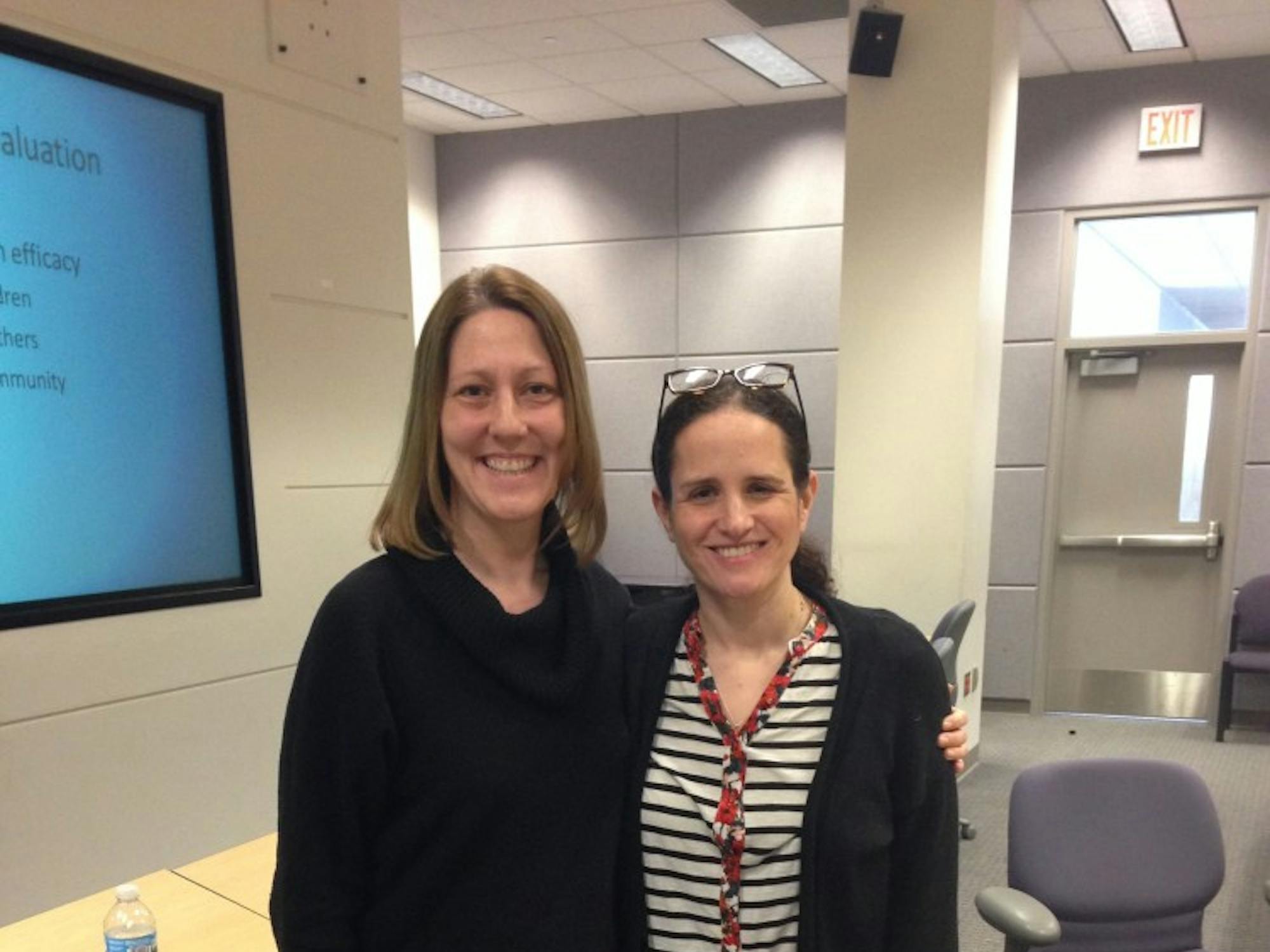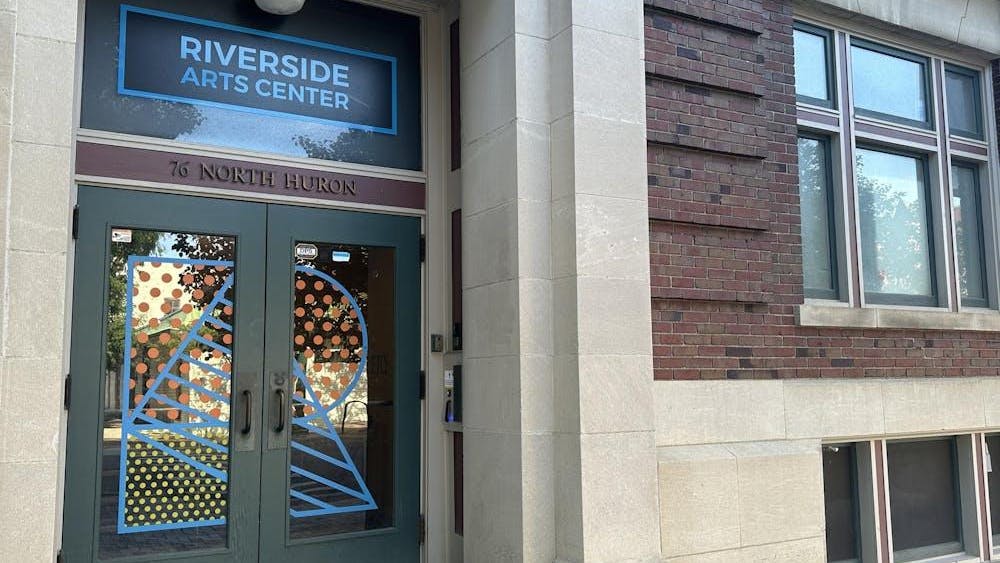Eastern Michigan University associate professors of social work Barbara Walters and Jennifer Fritz held a presentation called “Prison of Silence: The Invisibility of Incarcerated Women and Their Children” at 11 a.m. on Thursday. Held in room 300 of Halle Library, the presentation highlighted ways to keep incarcerated mothers in their children’s lives.
Over the past two decades, there has been a 646 percent increase of incarcerated women for nonviolent crimes. At Women’s Huron Valley Correctional Facility in Ypsilanti, 70 percent of the 1,800 incarcerated women have a child under the age of 18. Michigan ranks the 19th highest in terms of incarcerated mothers, and the state spends about $48.5 billion operating the prisons.
Walters and Fritz proposed an alternative for these nonviolent mothers to avoid prison time altogether, possibly through rehabilitation.
The majority of the women go into prison with substance abuse or mental abuse in their histories, and there are no formal programs to help them overcome these obstacles. When they get out, because they had no programs to help them recover, some of them end up just repeating the cycle and find themselves behind bars again.
Although the children may end up with a family member, there are repercussions of not having a mother in a child’s life, which is where Fritz and Walter’s plan comes in. It is a two-tiered program that focuses on aiding the constant communication between a mother and a child, whether that be through visits, Skype calls, letters or recorded audio.
Secondly, they assess the needs of the children based on their age, with counseling, skill training and peer support. For the mothers, the program helps them cope with being away from their child. Educational and job training helps set mothers up for success and the ability to possibly regain custody of their child.
Lastly, there are caregivers who take on the role of being a step-in parent while the child’s mother is imprisoned. The program helps the caregiver deal with a child who is coping with having an incarcerated parent.
The second tier deals with helping the mothers regain custody of the children, helping them sign up for state benefits, W.I.C., food stamps, public housing and welfare. It also deals with removing obstacles, like lack of food for the children, the absence of transportation and receiving adequate medication and employment.
The women need help from everyone – schools, the community, local businesses – to succeed, according to Walter and Fritz.
Kathryn Ziegler, a professor of women’s and gender studies at EMU, is also involved in prison programs for women. She holds a class for the women where they are able to debrief and talk about life outside of prison.
“These women need to know that they’re valued, even though they may have been degraded,” Ziegler said. “They need to be encouraged and uplifted.”
Walter and Fritz also said that, while their plan is only an idea at this point, they are optimistic in one day presenting it to the warden at our own women’s prison. They are currently in the stage where they are writing for grants and federal funding, and are hopeful that this idea will become more than a dream, but a reality .










